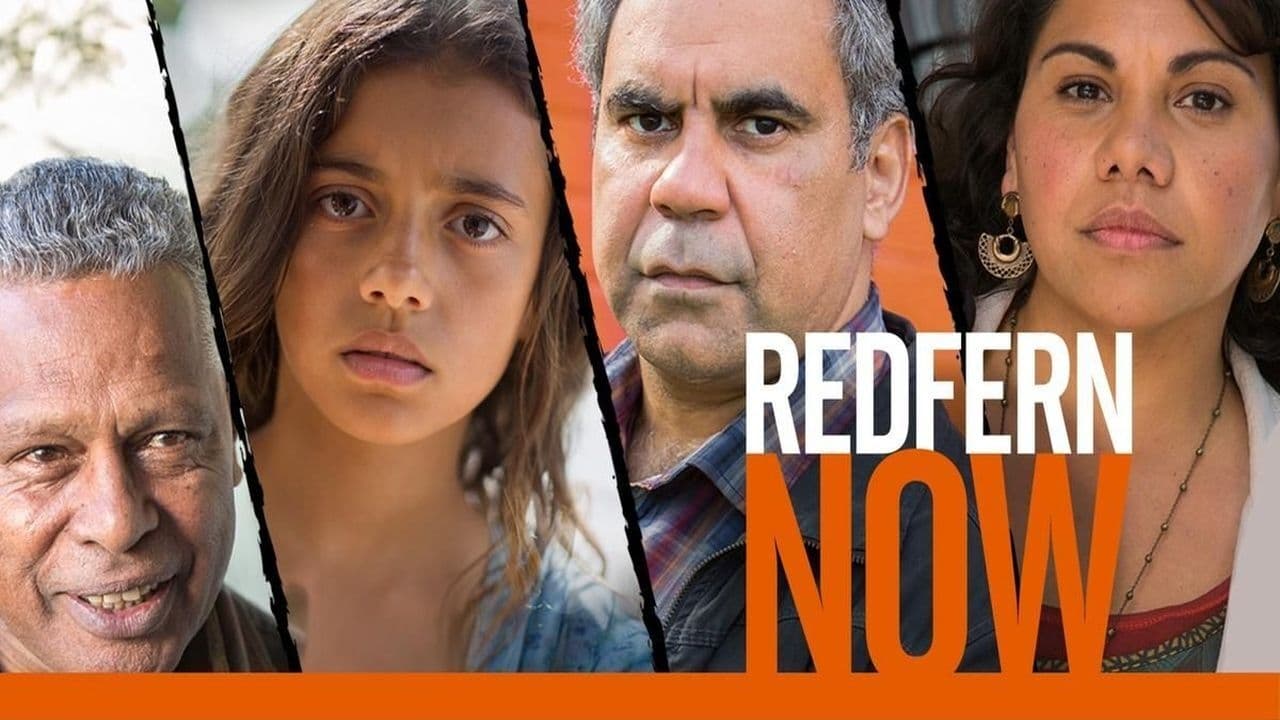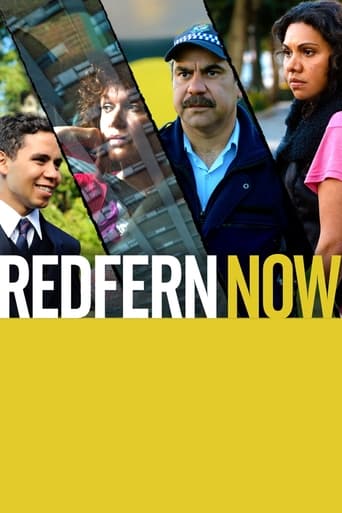

I saw this movie before reading any reviews, and I thought it was very funny. I was very surprised to see the overwhelmingly negative reviews this film received from critics.
... View Moreif their story seems completely bonkers, almost like a feverish work of fiction, you ain't heard nothing yet.
... View MoreIt's the kind of movie you'll want to see a second time with someone who hasn't seen it yet, to remember what it was like to watch it for the first time.
... View MoreOne of the worst ways to make a cult movie is to set out to make a cult movie.
... View MoreI can't even fathom the stupidity of this lame excuse for a TV show. Both characters managed to get raped by the same person in such a short space of time. This alone is such a joke in itself. Not only this but one of the victims fails to give evidence and report the rape. Yes I understand this may be hard to talk about and get out, but come on, for CHRIST'S sake, are you really that plain ignorant and stubborn that you can't help the justice system? To then get angry at how it may potentially failing your relative who also got raped, when you yourself were the sole reason she may let the criminal go.Then, in the last scenes, when the court case was looking like it might end up with the rapist getting free, the victim who didn't report the crime didn't have the balls to stand up and say something, potentially ruining the whole experience and letting the criminal run free. Utterly pathetic. Not only this, but in the end the rapist is found guilty anyway. Wait, what!? This is the biggest load of crap I have ever seen in the media industry. Fxxx this show and if you really can't man up and report a crime, not only when it first occurs, but later when your relative is trying to put him in prison, ef you. I wish I could rate this TV show lower, what an abysmal piece of crap, utter disgrace not only to the industry but to the aboriginal culture itself.
... View MoreThis is an interesting Australian produced series that details the lives and struggles of working class indigenous people. The first season was better than the second, and after the first couple of episodes, patterns started to emerge, and a certain amount of "sameness" crept in. It's as if the writing had become lazy. In a few of the episodes, the casting is really off e.g in the episode with the daughter confronting the death of her father, it would have been far more believable to have another actress play the age specific role. Having this played by someone in their 40s, wearing pigtails just doesn't cut it. It may have had something to do with the film's budget, who knows. In a couple of the episodes, there was no suitable end. The story just ended abruptly, leaving the viewer in limbo.I was not surprised by the fact that there were only 2 seasons as I feel the story of the community had been told, and there was no more to share. Others have commented on the slowness of the episodes, the long pauses, extreme close ups of lips, eyes, noses etc, and I would also say that each story could have been told in 25-minute episodes. They just felt dragged out at almost 1 hour. It's a good series to watch but not one that lends itself to "binge-watching"!
... View MoreI was initially introduced to this show after I watched the movie Redfern Now: Promise Me on Netflix. I thoroughly enjoyed the film and thought the acting was top notch, so I was pleasantly surprised when I found out about the short lived series with some of the same characters. I've read reviews comparing it to a soap opera but I disagree with that comparison. The acting is much more realistic with incredibly unique story lines that are also surprisingly relevant- even in my own neck of the woods. For example: today I watched the episode Pretty Boy Blue, where Aaron unknowingly allows the inmate who lived in his neighborhood to die while in police custody. Just yesterday, in a city 50 miles west of me, a young man was shot in the back while being detained by police officers. The circumstances are a bit different, but overall this seems to be a recurring issue in society today. I really appreciate how this show offers various perspectives about issues that this world would do good to ponder and discuss. If only more shows would follow this formula of showing multiple viewpoints rather than pushing just one specific agenda...Pity this show only lasted two seasons. It'd be great if Netflix would pick it up where it left off, maybe there will be another movie? Looking forward to seeing these actors in more projects!
... View MoreRedfern Now is not a procedural. It is not about indigenous vs white Australia. It isn't a series, nor is it entirely episodic. Redfern Now confused me for a while; its format is different and sometimes challenging. Characters get developed to a certain point and then disappear (although they sometimes then reappear). Redfern Now is the filmed equivalent of an anthology. These are short stories, compellingly told. The nature of the short story is that it forces us to engage, and care, quickly...and then move to resolution with equal pace and force - the exact opposite of lots of other quality TV - Breaking Bad, Mad Men - which have taught us that the super- long format of TV offers the generosity of time to develop stories and characters.Yes, it sometimes employs what we recognise as clichés. That's because clichés are sometimes real, and they are always recognisable and immediate devices - pretty handy in the short story format.The highlight of Redfern Now is the writing. Any story-teller would be proud of the way dialogue is captured here - real, witty, succinct and punctuated with telling silences.For me, the acting can sometimes be Redfern Now's weak link. The theatre background of some of the actors sometimes makes their performances a little 'big' for the small screen. On the other hand, some performances are extraordinary, with heart, emotion and humour played out simply and beautifully.There are lots of 'issues' in Redfern Now that signal its roots in urban Aboriginal community and culture, but many of the stories could be about contemporary Australia in any suburb. The challenges of 'belonging' in a multicultural community, where family relationships are changing, where mobility up and down the socio-economic ladder is more slippery than ever, where our notion of identity is challenged, and where the connection between past and future seems stretched to breaking point are challenges we all face. These stories have resonance well outside of not just the Redfern Aboriginal community, but outside the indigenous community entirely.Each of the six programs (for they aren't really episodes) in the two series produced so far, have clearly been laboured over. The investment of time, skill, love and commitment shines through in a very unique way. These are showcases of tremendous writing, beautiful production and staging, and generally great acting - from both indigenous and other actors. Redfern Now could easily become a hothouse for the next generation of Australian film and TV stars, on both sides of the camera.
... View More